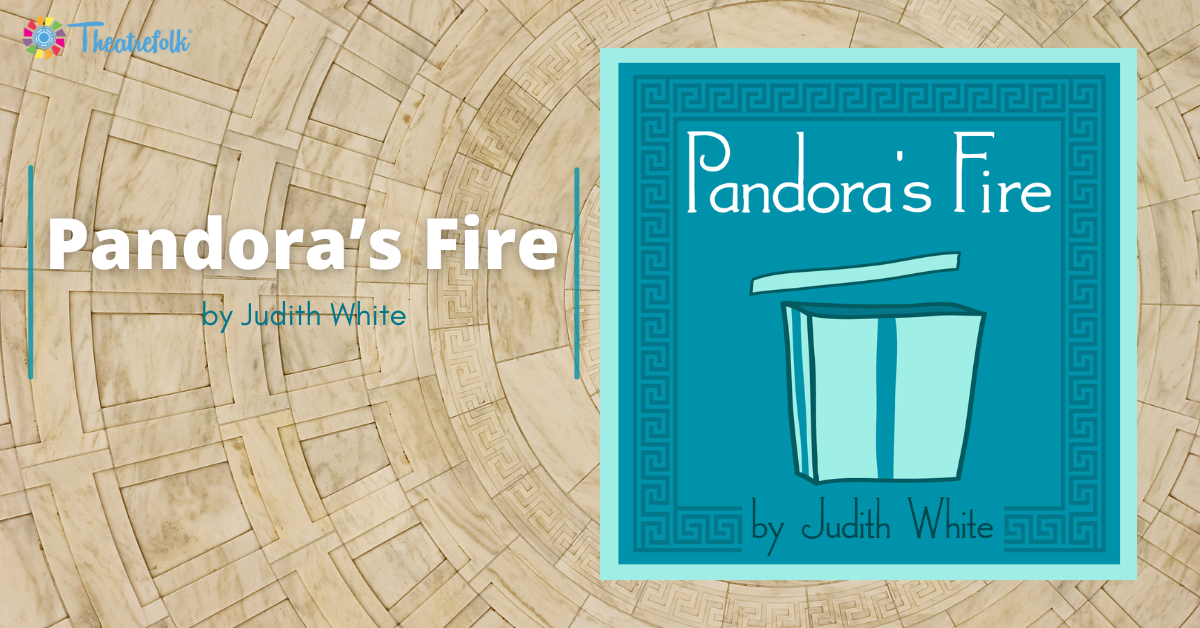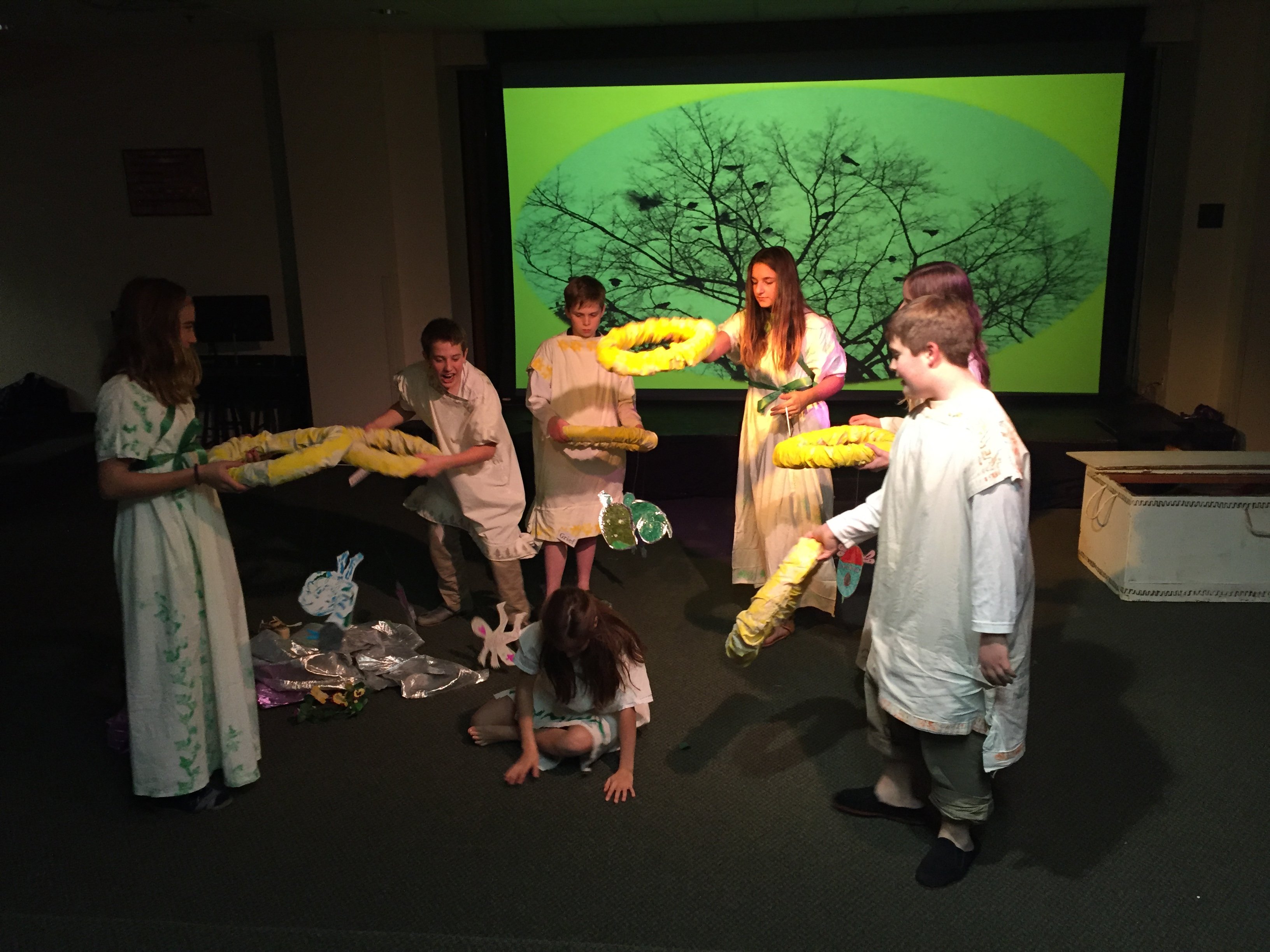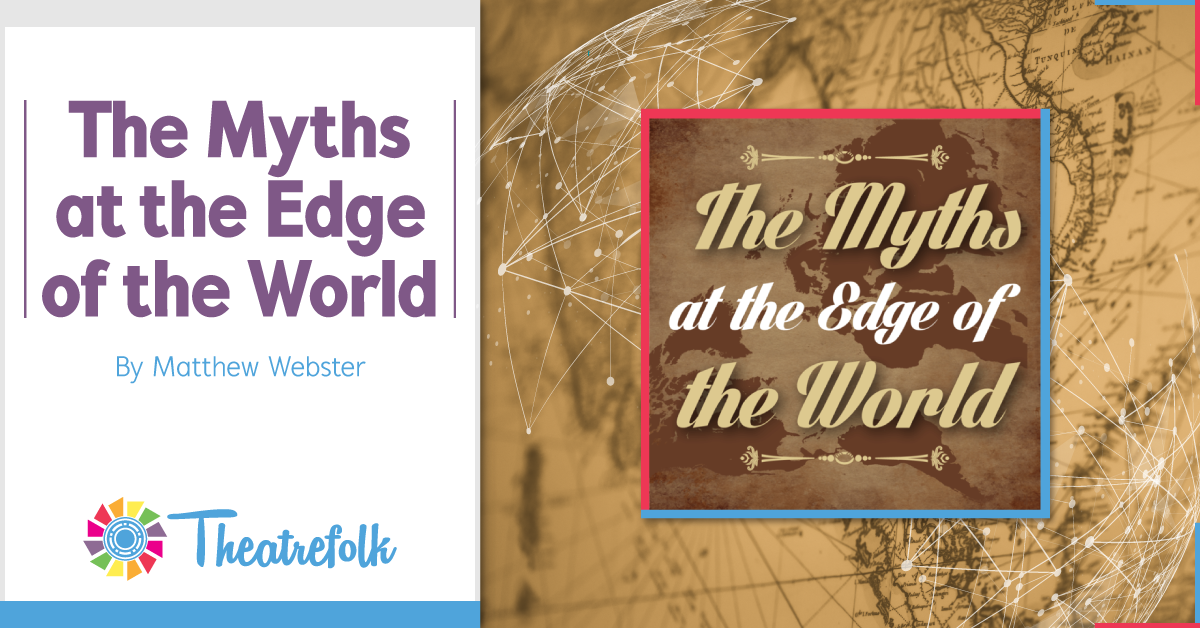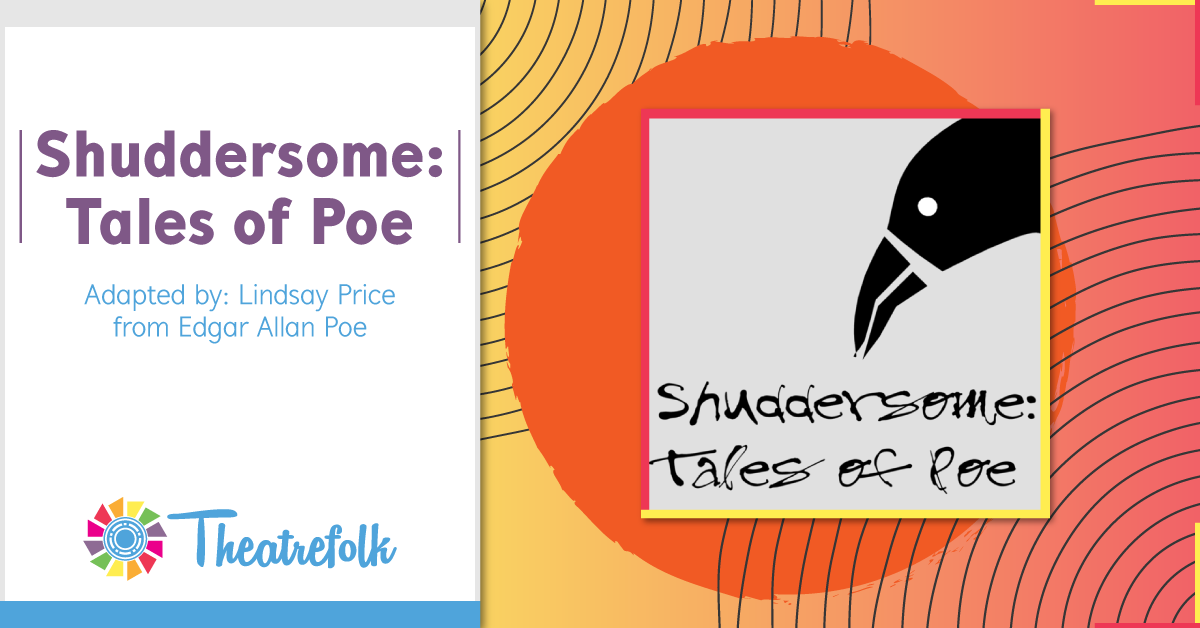Theatrefolk Featured Play: Pandora's Fire
Welcome to our Featured Play Spotlight. Today we take a journey through Ancient Greek choral storytelling with a modern twist, courtesy of Pandora's Fire by Judith White!
Everybody knows the story of Pandora. She was given a box that was not to be opened under any circumstances. But her curiosity got the better of her and she is to blame for releasing jealousy, grief, greed, and disease into the world. But is that the whole story?
Pandora's Fire is a wonderful mix of Ancient Greek choral storytelling with a modern twist.
Why did we publish this play?
When we’re looking at theatrical adaptations to publish, it’s not enough to take a story from another genre and slap it on the stage. What questions are being asked? What new twist is being brought to life? And most importantly, what makes this version truly theatrical? (Big hint – narrators are not theatrical)
Pandora’s Fire offers a perfect blend of old and new - an ancient story with a fresh perspective. It’s an engaging way to introduce students to Greek mythology, combining traditional choral elements with modern dialogue. Show your students the power of language in shaping a story.
Traditional characters, new light. Can the interpretation of Pandora’s actions change? Is curiosity always a bad thing?
Let’s hear from the author!
1. Why did you write this play?
I wrote Pandora’s Fire when I discovered, through my research, that the gods, especially Zeus, created Pandora out of vengeance against humanity. Prometheus was set up! Pandora was a machine with only one purpose: to poison and destroy humanity. Only after she discovers her early connections to the earth can she be fulfilled as a human being. As an actor, teacher, and director I value the quality of curiosity and felt Pandora got a bad rap. In writing the play, I set out to validate the quality of Curiosity.
2. Describe the theme in one or two sentences.
When everything you take for granted is stripped away by destructive forces, you can survive with imagination and curiosity. Hope is a by-product of reflection, and positive, creative actions. The box itself is transformed into a vessel to ensure the survival of the human race.
3. What’s the most important visual for you in this play?
The attack of Pandora by the evil daemons from Pandora’s box – and her transformation through nature as she recovers.
4. If you could give one piece of advice for those producing the play, what would it be?
Pay attention to the language. Create your own parallels to the actions of the play. Think of contemporary parallels.
5. Why is this play great for student performers?
The play is about empowerment in the face of enormous obstacles — and the folly – Zeus’s folly – of acting out of anger, vanity, and revenge. Pandora is a victim of abuse, objectified and used by others. Like such victims, she has Post-Traumatic Stress Disorder, forgetting even than she has borne a child. She must get in touch with her most elemental self before she can identify her strengths and recover her humanity. The message is one of redemption.



